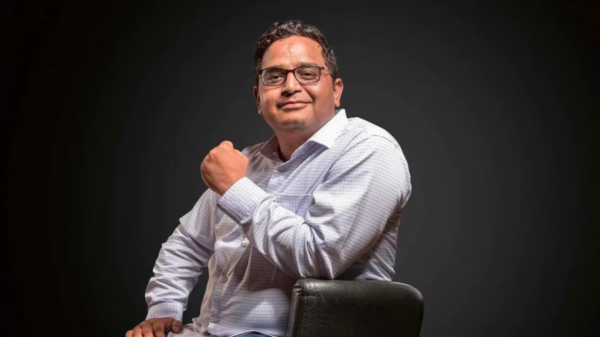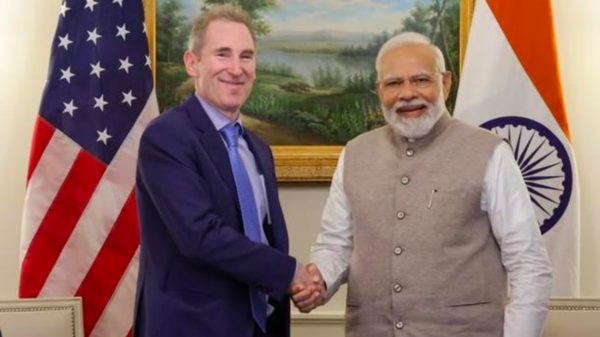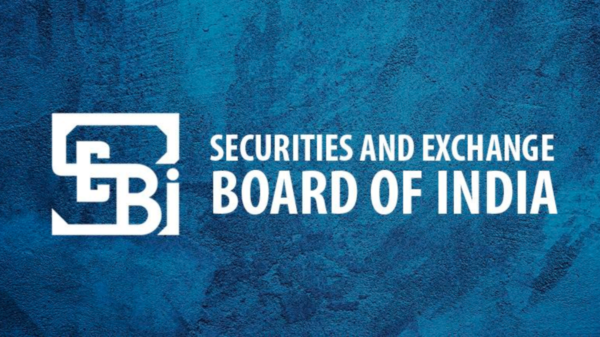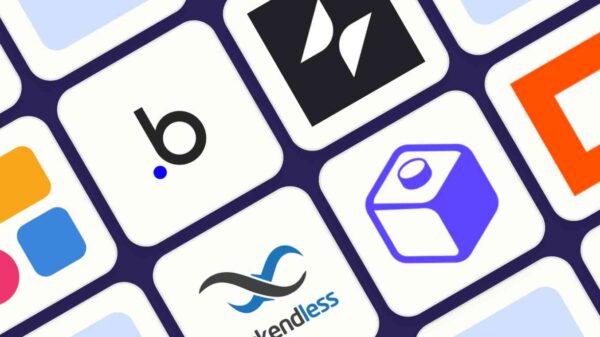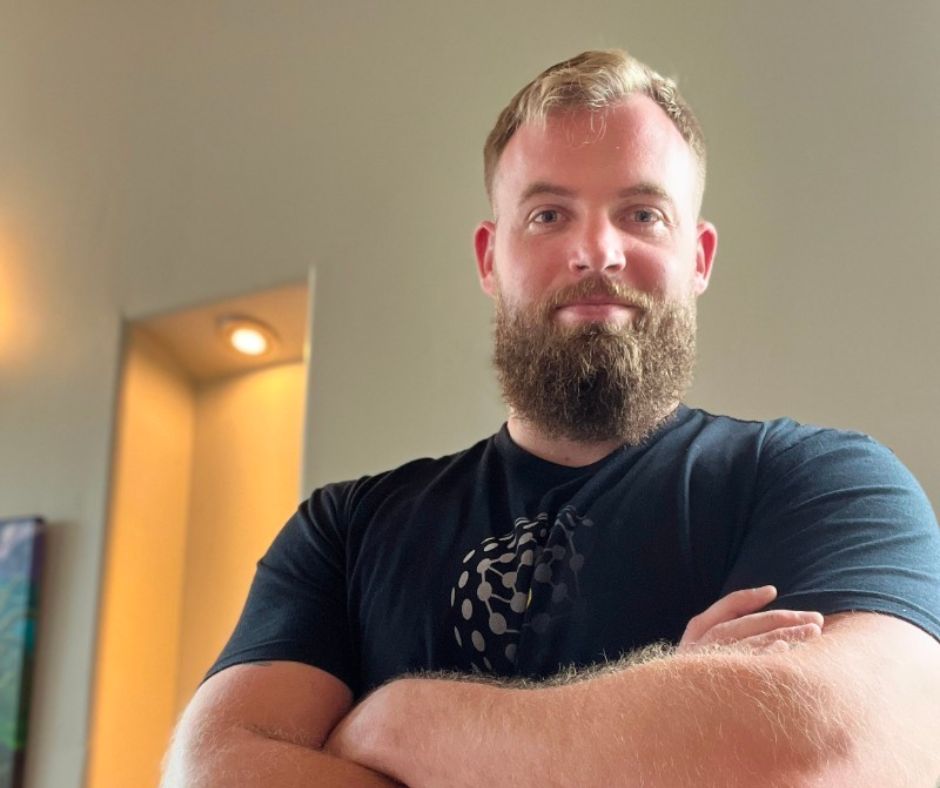Erik Smolinski is a Marine Veteran, Investor, Trader, YouTuber & Self-Made Millionaire, he is on a Mission to Expose the Military Community to Self-Directed Finance.
Erik, tell us about your background to lay a foundation.
Yeah! Like many Americans, I grew up in a low-income single-parent household 60 miles outside of New York City. My mother worked two jobs to support my brother and me. My father was an alcoholic (although it’s important to note that he did still love us) and not entirely reliable.
The area I grew up in had 2.5x the national rate for violent crime. I walked through metal detectors every day from Junior high on, had a knife pulled on me on two separate occasions, and so on. You get the point. I started hustling early because money was scarce.
From helping neighbors to selling Christmas trees at a local farmers market, splitting wood, and moving shale – I was open for work. While in 9th grade, a mentor asked if I thought about investing the money I was making – and of course, I hadn’t because I didn’t even know what it was. Fast forward and I’ve been investing and trading for over 15 years now, made my first million when I was 29 and have kept on the gas since.
Wow, lot’s to unpack there. So you started investing in 9th grade? Tell me about that.
I sure did! I started with picking individual stocks in a custodial account and after around 8 months, and a bit of initial success, I started becoming more active – because as you know, young men are renowned for their patience! I have a generally obsessive personality so I was consuming all the material I possibly could. In college, I had even more time to truly focus on honing my craft. I actively traded while on active duty in the Marine Corps. It’s been an absolutely huge component of my life.

College? I didn’t expect that given your launch pad – how did that happen?
A guilt trip and a Marine Corps scholarship – that’s how haha! But for real, that’s exactly what happened. My brother enlisted in the Marines and I was set to follow in his footsteps. However, the same exact mentor that exposed me to the world of investing, suggested I consider going to college and entering as a Marine Officer.
I wanted none of it. I wanted to be “the guy” doing things, not an officer stuck behind a desk. He had a compelling angle – that I had a strong skill set that would not only benefit me but more importantly the people I’d ultimately be in charge of and that it would be selfish of me not to consider that. It worked. So I applied, earned the scholarship, and am yet again incredibly thankful for his guidance.
How long were you on active duty for? Did you keep trading during that time? How?
I was on active duty for 6.5 years. I did keep trading during that time, it just required some ingenuity. I obviously wouldn’t be able to sit in front of the screen during the day, and I, fortunately, established a key knowledge base during college. So I would utilize micro time to do my research, plan my trades, and execute/manage.
I’d listen to the news on my 1-hour drive to work. Create my pricing models and backtest in the evenings. Plan my trades and then execute them when I could, either on my way to work or when I was at a spot on base with service.
So you’ve been trading for over 15 years, how have you done and what do you do?
That’s a great question and something I analyze monthly. Over the past 15 years, I’ve continually outperformed the SP500 – albeit with some important caveats. In my mid-20s, I traded fairly aggressively – at times levered. So I was knowingly taking large risks in an effort to accelerate my financial timeframe. It was a calculated risk and didn’t span too long of my trading career but without that risk, my timeline would’ve been different.
My general approach has adapted over time. I started with equities, moved to actively trade equities, then into derivatives – primarily options with some futures integrated. I’ve developed a skill set where I can comfortably trade most market conditions to minimize risk and optimize profit potential. It truly isn’t anything too special, anyone can figure this stuff out. It just takes dedicated effort and time.
You’ve expanded into other investments as well, is that right?
Sure is! I moved into real estate and angel investing in my mid-20 and both have been important components of my growth. I actually made over $260,000 selling a rental property this year. I’ve found a couple of things – creating multiple sources of income is incredibly important.
You’ve spoken regularly about creating sources of income, why?
Because we cannot “save” our way to wealth. Early on, saving is absolutely pivotal because the more principal we have, the greater the impact of compounding returns. However, we can only save so much of our income. There comes a time when creating more income is an absolute necessity. I’d rather make $750,000 a year and save 50% of it rather than make $100,000 and save 90% of it.
What’s the Story Behind your YouTube Channel?
Funny enough, I’m not a good YouTuber. I don’t care to edit. I don’t want to clickbait anyone. I’m not good at the camera. I’m essentially the anthesis of the typical YouTuber. Yet here I am. During COVID, a lot of my military friends were stuck at home. I regularly reach out to my friends to try and get them to invest because it’s been so pivotal for me. So during COVID, I was reaching out and connecting with different people but I noticed I was repeating a lot of basic concepts.
I decided to make a few precursor videos for them to watch before the call, so it would be more productive. That’s the launch of the channel haha. It started to grow despite my awful video-making because I offer my experience without the BS. I’m not trying to convince anyone to do anything. My goal is to provide information and let people find their own way.
For the military folks interested in investing or trading, what’s your advice?
Get started. Do something. That’s the hardest part. It’s simple to open a brokerage account and buy into an index ETF to get started. From there, assess your level of interest and available time. Actively trading is not for everyone so it’s important to be realistic. Additionally, we need to accept the challenge of trading – it’s very challenging (deceptively so) and the vast majority that tries lose money and are gone within 5 years.
That’s not to dissuade anyone but to be successful we need to acknowledge the challenge. I wouldn’t want to try climbing Mount Everest without preparing or playing in the NBA without analyzing what I’d need to do to be successful. Trading is no different, although DROVES of traders simply open an account and expect to be successful, this is primarily due to a low barrier to entry.
Once a buy-and-hold portfolio is established, paper trade (trade with fake money) to practice and learn. Military people have a wealth of skills that lend well to trading, discipline being one of them but there’s an even more important one – ownership.
Trading is 1v1, you vs you. In the military, we’re taught everything that happens belongs to us, we own what happens and the outcome. This is essential to be successful as a trader. The markets do what the markets do. Too many traders want to blame everything else for their shortcomings, but it requires an internal review.



